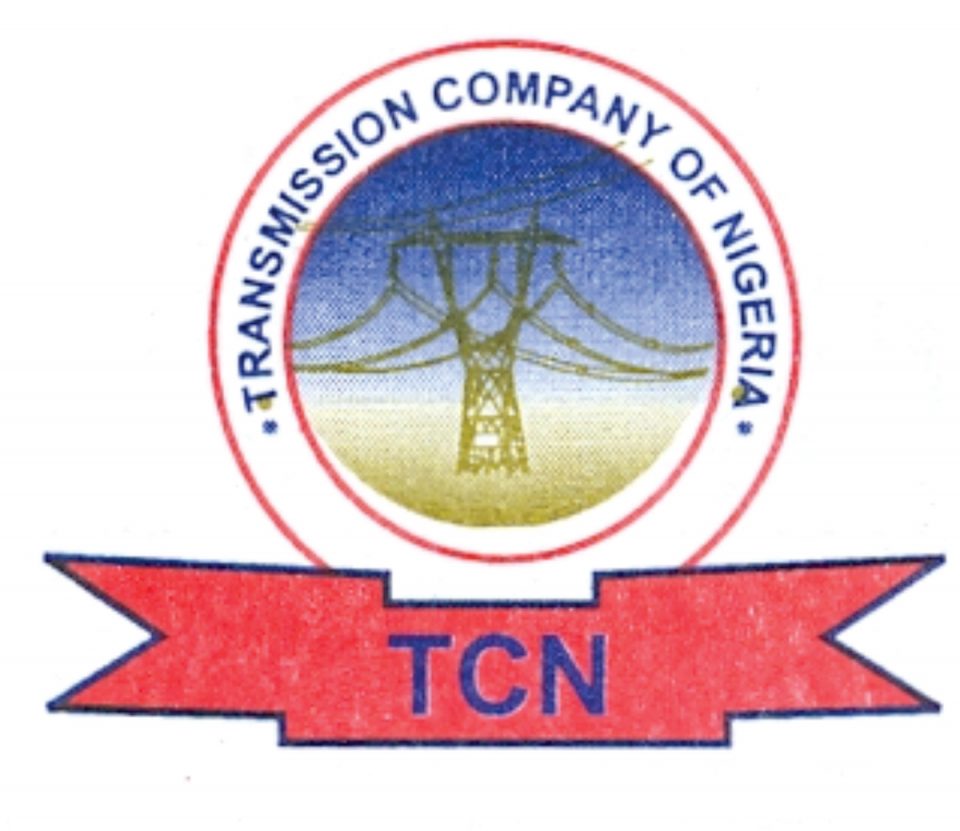The Nigerian Power industry has achieved yet another improved all-time national peak of 5,420.30MW, which was effectively transmitted through the national grid at a frequency of 50.10Hz at 9:15pm on Aug. 18.
Ms Ndidi Mbah, General Manager, Public Affairs, TCN, confirmed the development in a statement on Thursday in Lagos.
Mbah said this was the highest ever recorded in the nation’s power sector to-date, surpassing the previous peak of 5,377.80MW recorded on the Aug. 1, 2020 by 42.50MW.
She said that the gradual, but steady improvement in electricity delivery in the nation’s power sector was attributable to the keen interest of the administration of President Muhammadu Buhari.
According to her, government has been piloting programmes and projects geared towards growing the power sector as well as the collective efforts of all power sector players in the value chain.
She said that TCN was committed to working assiduously to further stabilise, rehabilitate and expand the grid and urged Nigerians to lend their support by safeguarding electricity installations nationwide.
Power generation sinks to 3,356MW after new 5,420.30MW peak
Power generation in the country fell to 3,356 megawatts on Thursday less than two days after a new peak of 5,420.30MW was achieved.
The Transmission Company of Nigeria announced on Thursday that the nation’s power industry had achieved yet another all-time national peak of 5,420.30MW.
The TCN, in a statement titled ‘power sector records new improved all-time peak of 5,420.30MW’ said the 5,420.30MW was effectively transmitted through the national grid at a frequency of 50.10Hz at 9:15pm on Tuesday.
But total generation plunged to 3,356.4MW as of 6am on Thursday from 3,877.5MW at the same time on Wednesday, data obtained by one of our correspondents from the Nigerian Electricity System Operator showed.
Eleven out of the nation’s 27 power plants did not generate any megawatts of electricity as of 6am on Thursday, up from 10 the previous day, according to the system operator.
The idle plants were Geregu, Sapele, Alaoji, Olorunsogo II, Omotosho II, Ihovbor, Gbarain, Ibom Power, ASCO, AES and Trans-Amadi.
“The power sector lost an estimated N2.23bn on August 19, 2020 due to constraints from insufficient gas supply, distribution infrastructure and transmission infrastructure,” the Advisory Power Team in the Office of the Vice-President said on Thursday.
The system operator put the national peak demand forecast at 28,290MW, installed generation capacity at 12,910.40MW; available capacity at 7,652.60MW; and transmission wheeling capacity at 8,100MW.
According to the TCN, the generation of 5,420.30MW is the highest ever recorded in the nation’s power sector, surpassing the previous peak of 5,377.80MW recorded on August 1 by 42.50MW.
The new peak generation achieved on August 1 came more than one and a half years after the national grid reached 5,375MW peak generation on February 7, 2019.
The grid has continued to suffer system collapse over the years amid lack of spinning reserve that is meant to forestall such occurrences. The latest total collapse was recorded on June 2, 2020, according to the system operator.
The TCN said the gradual but steady improvement in electricity delivery in the nation’s power sector was attributable to the interest of the current regime of the President, Major General Muhammadu Buhari (retd.).
“The TCN is committed to working assiduously to further stabilise, rehabilitate and expand the grid and urge Nigerians to lend their support by safeguarding electricity installations nationwide,” it said.
The TCN, which manages the national grid, is still fully owned and operated by the government.
The distribution and generation companies carved out of the defunct Power Holding Company of Nigeria were handed over to private investors on November 1, 2013, following the privatisation of the power sector.
The nation generates most of its electricity from gas-fired power plants, while output from hydropower plants makes up about 30 per cent of the total generation.




